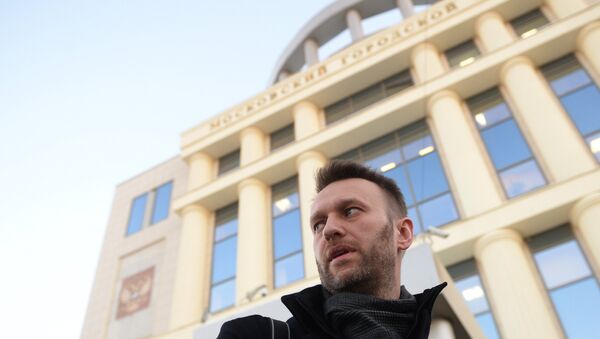"This is a direct action of the constitution — if he is not be imprisoned, he can participate in the elections," Olga Mikhailova said.
The second lawyer, Ivan Zhdanov, added that in this case the verdict "would not entail any legal barriers' for Navalny's nomination.
The lawyers said they believed that the verdict would be annulled anyway.
During the first hearing on the case in 2013, Navalny received five years of imprisonment, but the Kirov Court later changed the decision for a suspended sentence. The Supreme Court overturned the conviction under the decree by the European Court of Human Rights and remitted the matter for a new trial. While the Russian prosecutor’s office demanded to give Navalny five years of suspended prison sentence, the embezzlement on a grand scale is normally punished by 10 years of imprisonment.
In December, Navalny announced his decision to participate in the 2018 presidential election, while the Central Election Commission (CEC) admitted that the prospects of his presidential bid depended on the outcome of the embezzlement case.




